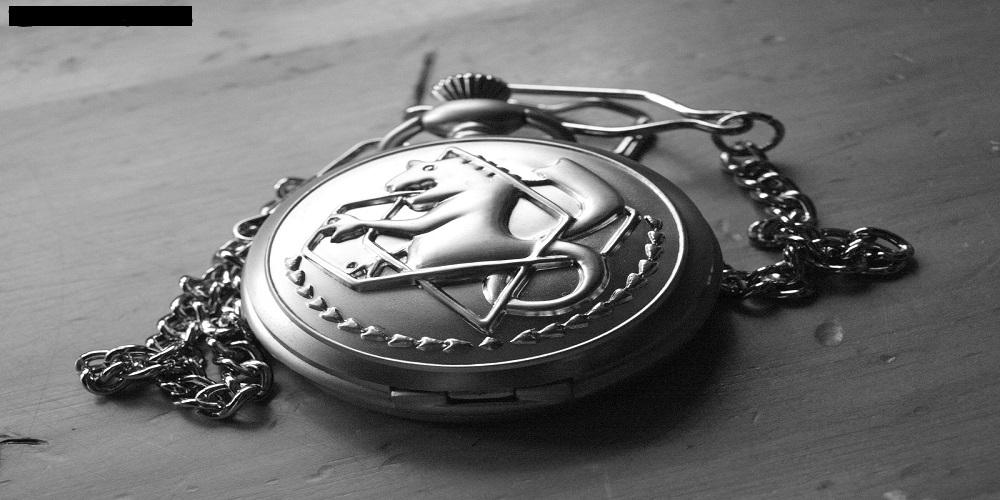Your skin is not sensitive (even if you believe it)
Sensitive skin affects a third of the population (and almost half of women).However, this term, as such, does not appear in medical language, but, as explained from the AEDV (Spanish Academy of Dermatology and Venereology), it is “a colloquial term to describe the skin of those people who refer to sensationof trenching, redness and peeling spontaneously or after the application of certain products ”.Be medical rigor or not, the concept of sensitive skin is something that everyone understands, and that sometimes has a subjective component.As revealed in the last Congress of the Spanish Group of Aesthetic and therapeutic dermatology of the AEDV (Gedet) the origin of the sensitive skin is very diverse, “each patient refers and presents their own symptoms.In general, there is a very varied subjective symptomatology - pain, itching, burning, burning or sensation of trench.How to knowing then if our skin is sensitive?And, above all, how to return normality?Dr. Cristina Eguren, dermatologist and medical director of the Eguren Clinic and member of the AEDV (Spanish Academy of Dermatology and Venereology) helps us identify it.
This specialist maintains that it is important to understand that sensitive skin is not a type of skin, but an altered condition of it by a weakening of its barrier function."In this way, the skin begins to become progressively more intolerant and reactive, loses the ability to retain water and stay hydrated, which also becomes dehydrated".

According to Dr. Eguren, sensitive skin is born and done, but it is more frequent to be done.There are cutaneous conditions such as atopic dermatitis that study with an altered and weakened barrier function.In these cases it can be said that it was born with a sensitive skin.On the other hand, in most cases, especially referring to the skin of the face, sensitive skin appears throughout life ”.And this is due to a series of factors: appearance of inflammation conditions such as acne and rosacea, age, pollution, sun exposure or incorrect use of cosmetics..
"I make special emphasis on the use of cosmetics, because when we use moisturizing or nutritious creams excessively we can achieve the opposite of what we intend and to progressively weaken the skin".Therefore, the expert continues, the key is to help her strengthen and activate her function, so that 'work' properly."But if we try from outside the work for it, contributing more and more hydration, we will create a lazy skin - dependent on external hydration - and weakened.It is a rupturist concept that I acquired from one of my mentors, the dr.Zein Obagi, and that changes the way of understanding and addressing this altered skin condition ”.









1595